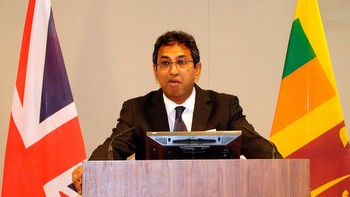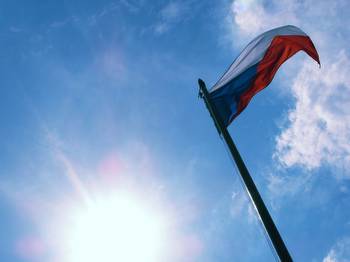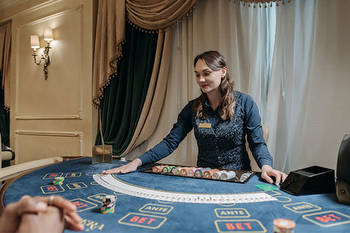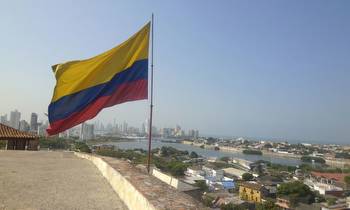Dominican Republic issues new online gambling regulation
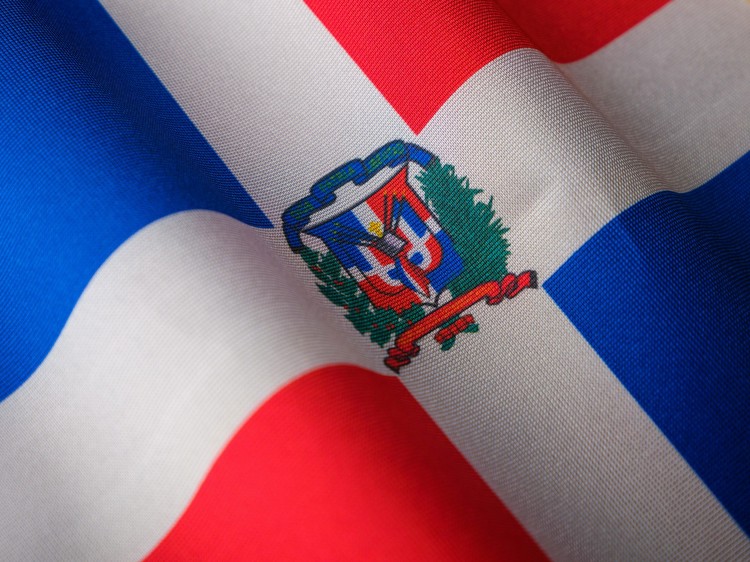
On 26 March 2024, the Dominican Republic issued Resolution 136-2024. This will now see a new regulatory regime for online casino and sports betting.
The resolution has been issued by the Dominican Republic’s Ministry of Finance. The new set of measures will be supervised by the Dirección de Casinos y Juegos de Azar (Directorate of Casinos and Gaming).
Online gambling in the Dominican Republic
Online gambling was initially regulated in 2006, with the first licence issued in 2011. Notably, Amaya was the first to be issued with a licence.
The company is better known as The Stars Group, which it rebranded to in 2017. Amaya was acquired by Flutter Entertainment in 2019.
Despite two laws, Ley 139-11 and Ley 494-06, forming the framework for online gambling in the Dominican Republic, Amaya has been the only owner of a licence to date. This meant that the law existed more in theory than practice. It is also unclear if Amaya still retains its licence.
Thanks to Resolution 136-2024, the Dominican Republic is now expected to bring about a more comprehensive framework for regulation.
This will make the regulated market more competitive and, it would be assumed, boost state revenue with new entrants.
What is in the Dominican Republic online gambling Resolution 136-2024?
The Dominican Republic’s gambling laws fall under the jurisdiction of the Dirección de Casinos y Juegos de Azar.
The directorate is managed by the Ministerio de Hacienda (Ministry of Finance). As a result, it is responsible for issuing licences to online casinos and lotteries.
The process follows multiple iterations between June 2019 and March 2024. Totaling 36 pages, seven chapters and 36 articles, Resolution 136-2024 has now been signed into law. The signatory is the minister of finance, Jose Manuel Vicente.
Under the new law, each licence issued will be valid for five years and is non-transferable for the first three years.
The cost of of a licence is equal to $346,000 (£275,000/€320,600) for both online casino and sports betting.
While taxation has not been listed in the resolution, the previous law Ley 139-11 has set a gross gaming revenue rate of 29% for land-based casinos. It is likely that this will be the same for online.
In order to acquire a licence, operators in the Dominican Republic will also be obligated to provide evidence of responsible gambling programmes.
This will include a mandatory self-exclusion process, as well as a required set of measures outlined by the ministry to encourage responsible gaming.
Among these are the the requirement to show time elapsed since the start of a session. Operators will also need to provide options to limit bets and gaming session duration. Additionally, all sites will be required to display a permanently visible responsible gaming notice.








